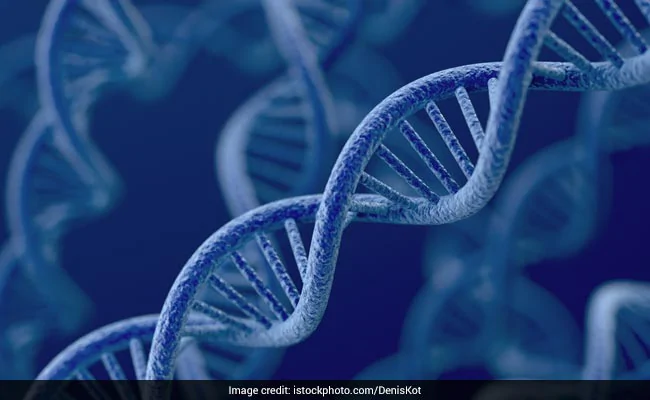Summary:In the past decade, knowledge of how lifestyle affects our genes, a research field called epigenetics, has grown exponentially. Researchers have summarized the state of scientific knowledge within epigenetics linked to obesity and type 2 diabetes.
In the past decade, knowledge of how lifestyle affects our genes, a research field called epigenetics, has grown exponentially. Researchers at Lund University have summarised the state of scientific knowledge within epigenetics linked to obesity and type 2 diabetes in a review article published in the scientific journal Cell Metabolism. Epigenetic mechanisms control the activity of different genes. Disruptions in the epigenetic machinery may lead to diseases such as obesity and type 2 diabetes. This review summarises the role of epigenetic changes in different human tissues of relevance for metabolism, for example, in adipose tissue, skeletal muscle, pancreatic islets (which, among other things, contain the insulin-producing cells), liver and blood, linked to obesity and type 2 diabetes.
“Epigenetics is still a relatively new research field; however, we now know that epigenetic mechanisms play an important role in disease development. Similarly, the epigenetic patterns are affected by disease. Variations in genetic material (DNA), age, exercise and diet also have an impact on epigenetic variation,” says Charlotte Ling, professor and pioneer in the field of epigenetics and diabetes who authored the review together with researcher Tina Rönn.
The researchers detail the latest findings in epigenetics in the following categories:
- The significance of diet
- Physical activity
- Aging
- The significance of genes
- Is the epigenome heritable?
- How can epigenetics contribute to novel treatments?
More: Science Daily





